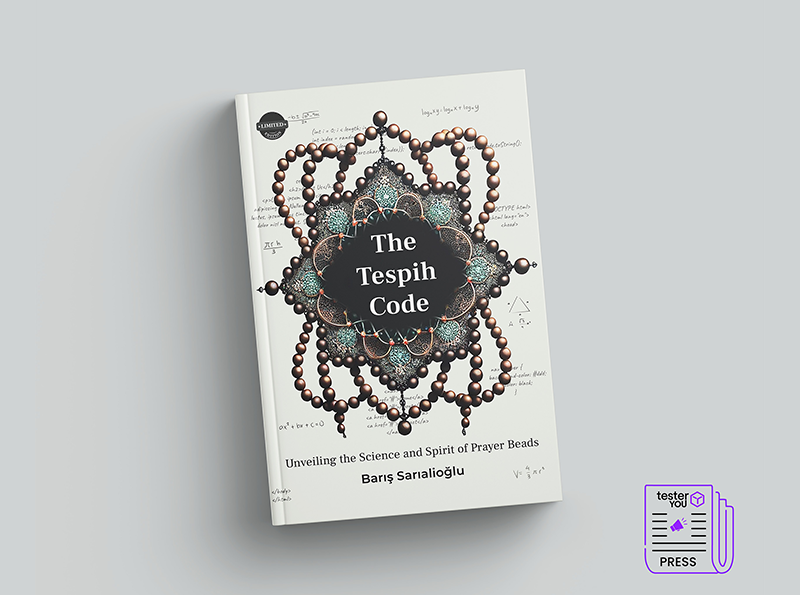
The Tespih Code
Can a string of prayer beads mirror the logic of a well-structured algorithm?
The Tespih Code invites readers to view the ancient form of the tespih through a new lens — not only as a spiritual object rich in tradition, but also as a metaphor for systematic thinking, modular design, and iteration.
The Tespih Code – Discovering Algorithmic Patterns in an Ancient Form
By Barış Sarıalioğlu
Drawing from his dual identity as a software engineer and a lifelong collector, Barış Sarıalioğlu constructs a narrative where culture meets code.
Though the book does not use software jargon, its structure and flow resonate deeply with key programming principles:
- Repetition (loops)
- Sequence & modularity
- Abstraction & flow control
Just as each bead represents a deliberate step in spiritual focus, each line of code reflects a controlled logic in digital systems. The physical design of the tespih — its segmented arrangement, purposeful pauses, and rhythmic cycles — parallels the architecture of algorithmic thinking.
“This is not just a book about prayer beads. It’s a meditation on patterns — in objects, in memory, and in thought.”
The Tespih Code bridges the contemplative past and the analytical present — ideal for those who appreciate cultural heritage but think like coders.








